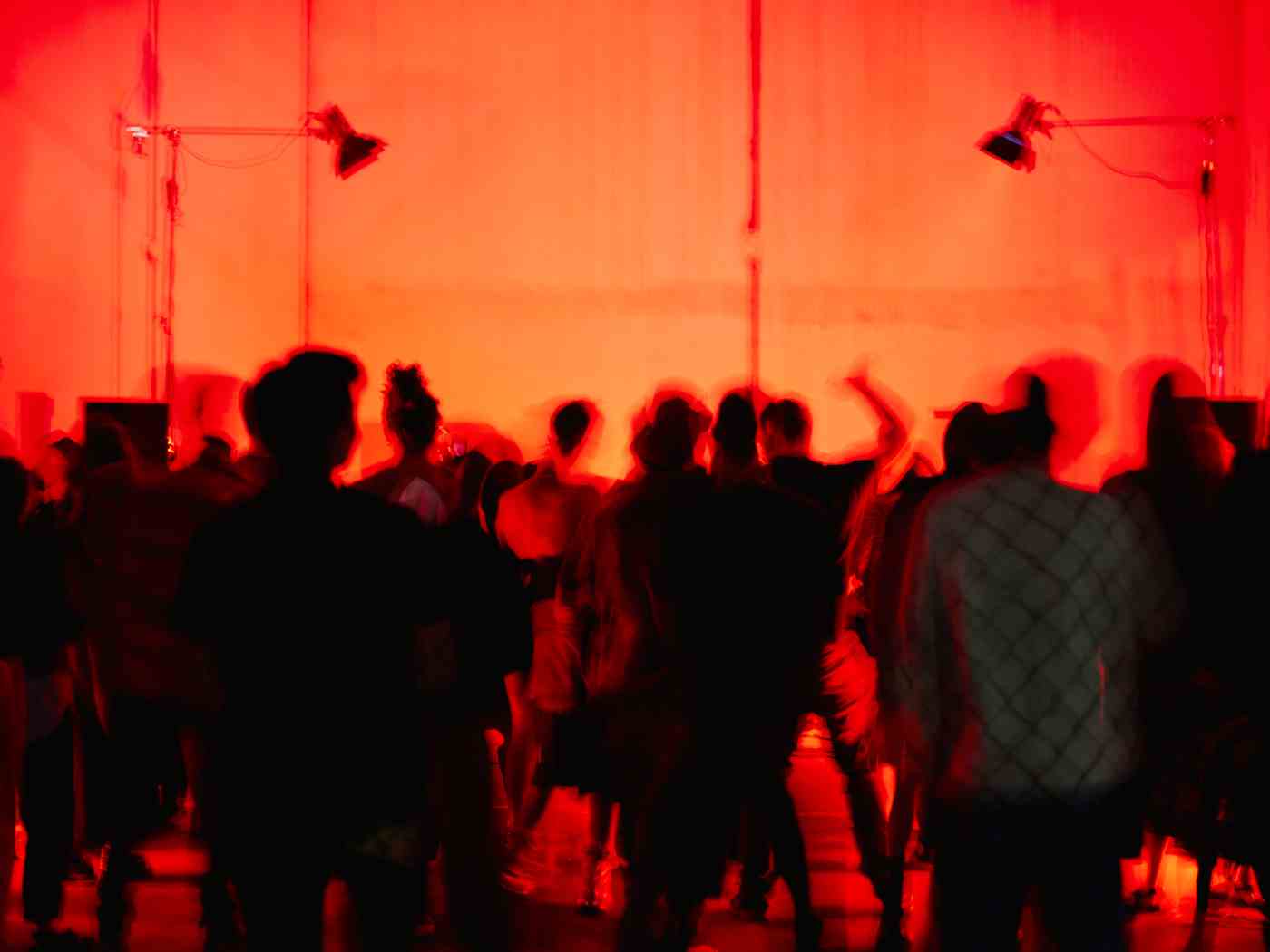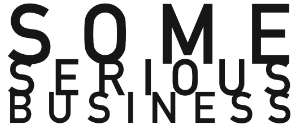
SITE SANTA FE and Some Serious Business are pleased to present kelechi agwuncha’s amplifies it, doubles, and trebles it, a multimedia, site-specific performance series featuring QTBIPOC transgenre, experimental sound artists. Program founder kelechi agwuncha envisions and constructs a new framework for restaging sound artists through public activations—drawing on experimental spatial approaches found in genres like experimental music, disco, punk, and Jamaican dub, all of which sought to create unified air spaces (as explored in Figures in Air: Essays Towards a Philosophy of Audio by Micah Silver). Saturday, January 11th at the SITE SANTA FE Auditorium, 1606 Paseo de Peralta, Santa Fe NM 87501. For tickets and information.
Performers include Bo Hwang, an artist and writer working with poetry, movement, and narrative; Ryan Dennison, a Diné multidisciplinary artist from Tohatchi, NM; Soriba Fofana, born and raised in Guinea, West Africa, where he was immersed in a rich cultural tapestry of drummers, dancers, and musicians; and Chuquimamani-Condori, who combines the traditional drum and ceremonial music from their Pakajaqueño family, with caporales, kullawada, and huayno.
The performances integrate video installations, poetry, sound, and lighting to communicate a language of possibility that connects with nature and open air space as referenced by activist & singer Dr. Bernice Johnson Reagon in a 1991 PBS special with Bill Moyers, on the power of sound & air: “Sound is a way to extend the territory you can affect. People can walk into you long before they get close to your body. And certainly, communal singing is a way of announcing, ‘we’re here, this is real.’ So anyone who enters that space, as long as they’re singing, cannot change the air in that space. The song will maintain the air as your territory.”
This work redefines how we imagine the act of listening by generating new spatial conditions. The first iteration of amplifies it took place at a public space—the outdoor racquetball court (Ragle Park, Santa Fe) and this second iteration in SITE’s auditorium, defines open-air space as a container, a room’s affect, and performers transmuting the air out sound.
kelechi agwuncha statement:
I am drawn to gathering people in public spaces, inviting them to explore speculative and phenomenological frameworks for performance. As an Igbo-American sound and video artist, my work recalibrates, dismantles, and animates the conventions of performance spaces, culminating in amplifies, doubles, trebles it—a live performance series inspired by an evocation from the Wattis Institute’s Drum Listens to Heart. This series constructs a sonic architecture for experimental performers and sound artists in New Mexico and the Southwest, one that embraces the expansiveness and permeability of outdoor & indoor open-air spaces.
My most integral and formative memory of performance is steeped in my childhood memories of witnessing masquerade figures at Nigerian-American gatherings. A grassy field of a local park, an office space, a banquet hall —all became sacred spaces animated by masquerades’ incomprehensible metaphysical and spiritual force. Their kinetic gestures, cloaked in massive, colorful garments, seemed to embody us, their audience, as we encircled them, transfixed, while drums pulsed into their movements. These memories of bearing witness to masquerade figures are a bridge between rituals of my heritage and the unbounded possibilities of being embodied by sound.
Through creating and presenting moving images, I deepen this connection to the interplay of sound, movement, and tradition. How can I recalibrate the way we assemble to witness? How can I drift closer to my ancestors as a kind of meditation on their movements ? What are the connective tissues of performance rituals—legible and illegible, public and private? In this exploration, I use light and video projections to perform live video mixes, collaborating with musicians who often create live improvisational accompaniments. These site-specific audio-visual performances ground natural landscapes and open-air spaces as communal spaces.
ARTISTS BIOS
Bo Hwang:
Bo Hwang is an artist and writer working with poetry, movement, and narrative. Recent works include Squat Practice, an essay-poem collection on tropical fecundity and density as coverage (Finalist for the 2024 Essay Press Chapbook Contest); and “abalone,” a poetry performance, object, and chapbook (forthcoming Counterpath 2025). Other writing and performance can be found at Visible Binary, The Poetry Project, Wildness, Denver Quarterly’s FIVES and Bombay Gin. Hwang has taught movement workshops at the Jack Kerouac School of Disembodied Poetics, where she was the 2022 Anselm Hollo Fellow, and the Poetry Project. She was born in the U.S. and grew up in Indonesia.
bohwang.com
ig: @bohwang__
Ryan Dennison:
Ryan Dennison is a Diné multidisciplinary artist from Tohatchi, NM. Dennison’s practice in art/sound performance reflects indigenous queer brown boy love, dreams, intimacy and entanglement, while negotiating space in land poems and queer body constellations of intimacy.
Preferred Pronouns: He/Him/They/Them
ig: @dennisonry
kelechi agwuncha:
kelechi agwuncha is an Igbo-American multimedia artist who reanimates archival material, documentary, and video art by using percussive force as connective tissue. As a former athlete, their work also explores athletic gestures & spatiality as a rehearsal of play. Their approach to visual media & sound making often prioritizes live manipulations of the image and incorporates outdoor, public sites and the people occupying that site directly into the work in real-time. kelechi has done live audio-visual performances through spaces including the Chicago Architectural Biennial, Currents New Media Festival, Santa Fe Noise Ordinance, and Black Harvest Film Festival.
Preferred spelling: kelechi agwuncha (undercase)
Preferred Pronouns: they, them
Instagram: @one800lifealert
Soriba Fofana
Ibrahima Fofana, widely known as Soriba, was born and raised in Guinea, West Africa, where he was immersed in a rich cultural tapestry of drummers, dancers, and musicians from a young age. His early experiences were shaped by the traditional Mandeng music of his homeland, where he honed his skills under the guidance of esteemed mentors. Soriba plays the 8-string N’goni, a traditional hunters harp, which serves as a vital link to his cultural heritage. In 2009, Soriba made the transformative journey to the United States, where he has since dedicated himself to teaching and performing both locally and internationally. His passion for sharing the rhythms and stories of his ancestors has led him to direct the Wassa Drum and Dance Ensemble, a vibrant collective that showcases the beauty and complexity of West African music and dance.
One of Soriba’s significant contributions to the community is the annual WASSA WASSA African Dance & Drum Festival held in Santa Fe, which he hosts. This festival serves as a platform for cultural exchange, bringing together artists and enthusiasts to celebrate African traditions through workshops, performances, and collaboration. Through his work, Soriba strives to preserve and revitalize the rich musical heritage of Guinea, while also educating audiences about the cultural significance of the art forms he represents. His performances are not just artistic expressions; they are a celebration of life, community, and the enduring power of music to connect people across different backgrounds. Soriba continues to honor the legacy of his ancestors while inspiring future generations.
Preferred Pronouns: He/ Him
https://soribafofana.com/
https://www.facebook.com/wassaensemble
https://www.instagram.com/soribadrums
Chuquimamani-Condori:
Chuquimamani-Condori makes music by combining the traditional drum and ceremonial music from their Pakajaqueño family, with caporales, kullawada, and huayño. They describe their music as “the sound of our water ceremonies…40 bands playing their melodies at once to recreate the cacophony of the first aurora and the call of the morning star Venus”.
Preferred Pronouns: It/Its
chuquimamani-condori.bandcamp.com
instagram.com/chuquimamani_condori

